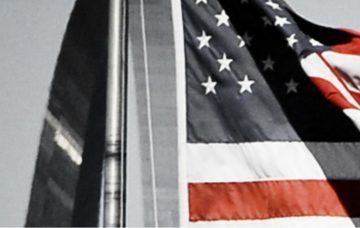Robert B. Talisse in the Oxford University Press Blog:
 Democracy, like fitness, has a point. No matter what one might believe about democracy’s intrinsic value, what makes it such an important social good is that it enables goods of other kinds to flourish. When these other goods are crowded out of our collective lives, democracy becomes pathological.
Democracy, like fitness, has a point. No matter what one might believe about democracy’s intrinsic value, what makes it such an important social good is that it enables goods of other kinds to flourish. When these other goods are crowded out of our collective lives, democracy becomes pathological.
Consider that democracy is not only a form of constitutional representative government; it is more fundamentally a system of collective self-government among social equals. When equals govern themselves, you can count on persistent, and often severe, disagreement about politics. As these disagreements are commonly high-stakes, there is an ethos that democratic citizens must embody. This enables citizens to sustain their respect for each other’s equality amidst ongoing political disputes. As citizens lose the capacity to respect each other’s equality, democracy devolves into a cold civil war by which factions seek simply to rule.
When there’s too much democracy, the travails of current politics penetrate the whole of social life. Well-documented trends suggest that in the United States and elsewhere, rival partisans do not merely divide over politics; they also live in different neighborhoods, shop at different stores, drive different vehicles, follow different sports, consume different entertainment, worship at different churches, and do different kinds of jobs. Consider: Walmart or Target? Hybrid or pickup? Camo tee or yoga pants? Starbucks or Dunkin’? NASCAR or NBA? This partisan clustering of social life means that our everyday encounters are increasingly likely to place us in contact only with others who are politically much like ourselves.
More here.
